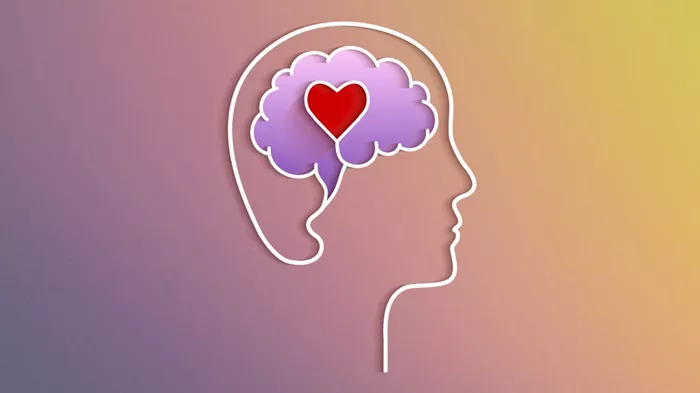As mental health disorders such as depression and anxiety continue to rise, there is a growing need to explore effective ways to improve our mental well-being. Fortunately, science has identified several lifestyle changes that can help alleviate symptoms and make life feel more manageable. Here are three evidence-based strategies to improve your mental health:
1. Cultivate Social Connections
It’s common to withdraw from others when struggling with mental health issues, but making a conscious effort to connect with friends, family, or even acquaintances can have a transformative effect. Humans are inherently social beings, and research shows that strong social connections can significantly improve both physical and mental health. Benefits include better blood sugar control, reduced risk of cardiovascular disease, and lower rates of depression.
One study found that individuals with strong social relationships were 50% more likely to survive than those without. On the flip side, social isolation can increase the risk of depression and even premature death. While the internet may seem like a convenient way to stay connected, it often fosters loneliness instead. Prioritizing real-world interactions—whether through spending time with loved ones, joining clubs, or participating in community activities—can substantially boost your mental well-being.
2. Engage in Physical Activity
A 2023 study published in BJM Sports Medicine revealed that physical activity is 1.5 times more effective than medication and therapy in reducing mild-to-moderate symptoms of depression, anxiety, and stress. Despite this, exercise is often overlooked as a treatment option. Dr. Ben Singh, the study’s lead author, emphasizes the need to integrate physical activity into the core management of mental health conditions.
The good news is that exercise doesn’t have to be intense or grueling. Any movement that requires energy and engages your muscles counts, including activities like gardening, housework, and DIY projects. Incorporating low-intensity aerobic exercises—such as cycling, brisk walking, or slow jogging—into your routine for 30 minutes, three to five times a week, can not only improve your physical fitness but also enhance your mood, energy levels, and overall sense of well-being. The key is to find an activity you enjoy and make it a regular part of your day.
3. Reconnect with Nature
In addition to social connections, humans have an inherent need to engage with nature for overall health and well-being. Spending time outdoors can complement or even replace other forms of treatment for mental health issues. Historically, people have sought the healing powers of nature, such as the fresh air and tranquil surroundings of the seaside, to recover from illnesses.
Modern studies support this approach, linking nature exposure to improved cognitive function, brain activity, blood pressure, sleep quality, stress levels, and mental health. The recent trend of wild swimming, for example, has been praised for its ability to boost happiness and promote a sense of calm. Taking time away from screens and immersing yourself in the beauty of nature—whether by visiting a park, the seaside, or simply listening to birdsong—can significantly enhance your mental well-being. If you have access to a garden or allotment, tending to plants and flowers can be particularly uplifting.
By incorporating these three science-backed strategies into your routine, you can take meaningful steps toward improving your mental health and enjoying a more balanced, fulfilling life.
[inline_related_posts title=”You Might Be Interested In” title_align=”left” style=”list” number=”6″ align=”none” ids=”11137,11194,11073″ by=”categories” orderby=”rand” order=”DESC” hide_thumb=”no” thumb_right=”no” views=”no” date=”yes” grid_columns=”2″ post_type=”” tax=””]
































